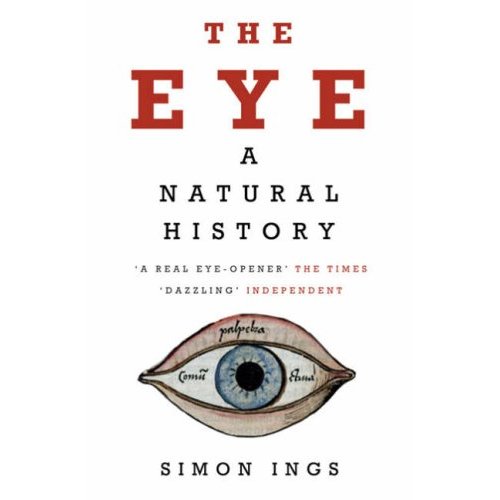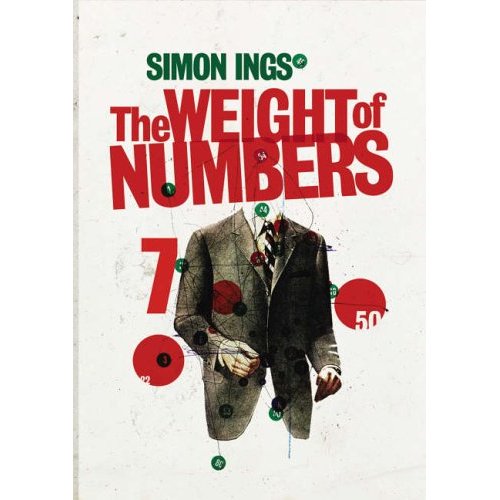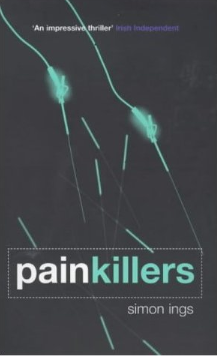My less-than-widely-read second novel, written in a brothel in Oporto, on the run from my reputation as a cyberpunk writer.
The following review appears on Novel Reflections http://www.novelreflections.com/reviews/simon-ings/city-of-the-iron-fish
The City is isolated. There is some land around the city, but beyond that there is nothing. Every twenty years the city performs the ceremony of the iron fish and things are changed. Years ago, whole sections of the city moved and were rearranged, new animals, new places arrived through the magic of the ceremony. But over time people have lost interest in it, and lost the rites and rituals to make the magic work.
Thomas Kemp grows up in the shadow of the ceremony and his father’s obsession with it. By the time the ceremony comes around again, he is one of the few who remembers or cares enough about it to begin preparations. ‘Simon Ings has created a strange world here, and one that has no explanation. Some of the inhabitants search for meaning, debate whether there is an outside world that their myths of jungles and oceans derive from. One of these is Kemp’s friend Blythe, an artist. Together they travel to find the edge of their world, and discover nothingness. Their journey changes them both in different ways. Blythe reacts to her experience by creating bleak and frightening work, while Kemp becomes an artist himself.
In a closed environment, what would happen to the people who live there? Their hopes and dreams, their need for freedom and new experiences? This is a place where all forms of artistic expression feed on each other and the past, constantly repeating and vainly striving.
I found this to be a deeply strange book, and I was impressed that the author did not try to explain the existence of the city, and the magic of the fish. Somehow it all worked better to read of Kemp’s life as he lived it, without knowing these things, and stumbling along in this strange world without a map. His passions, confusion, pain and everyday life are laid out to see, and even an evening’s drunken debauch has a ring of truth to it that is very appealing.’
First published in 1994 by Collins. ISBN: 0006476538
(Rautakalan Kaupunki 2005, Loki Kirjat, Finland, 952-9646-05-4)
at Amazon.co.uk




